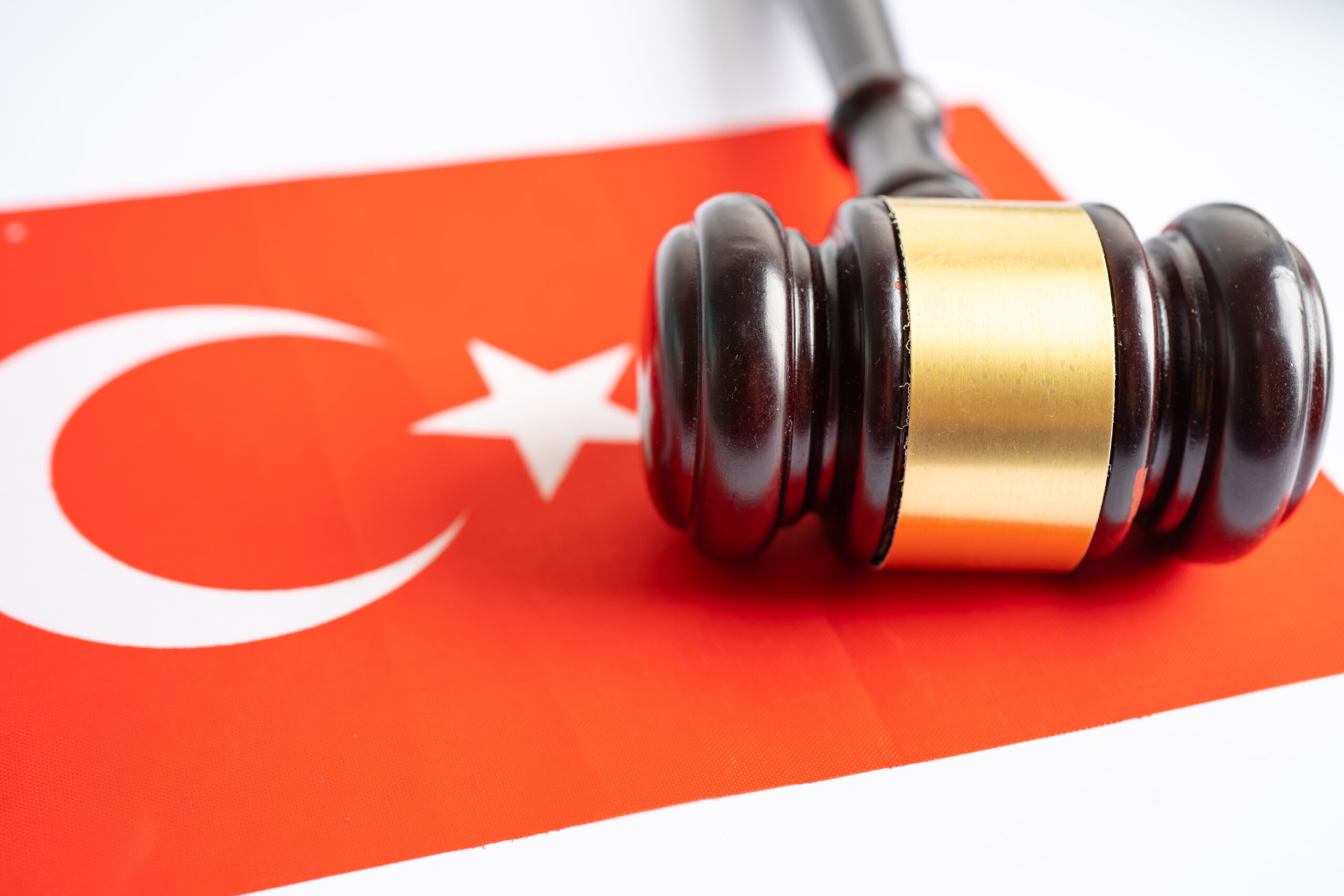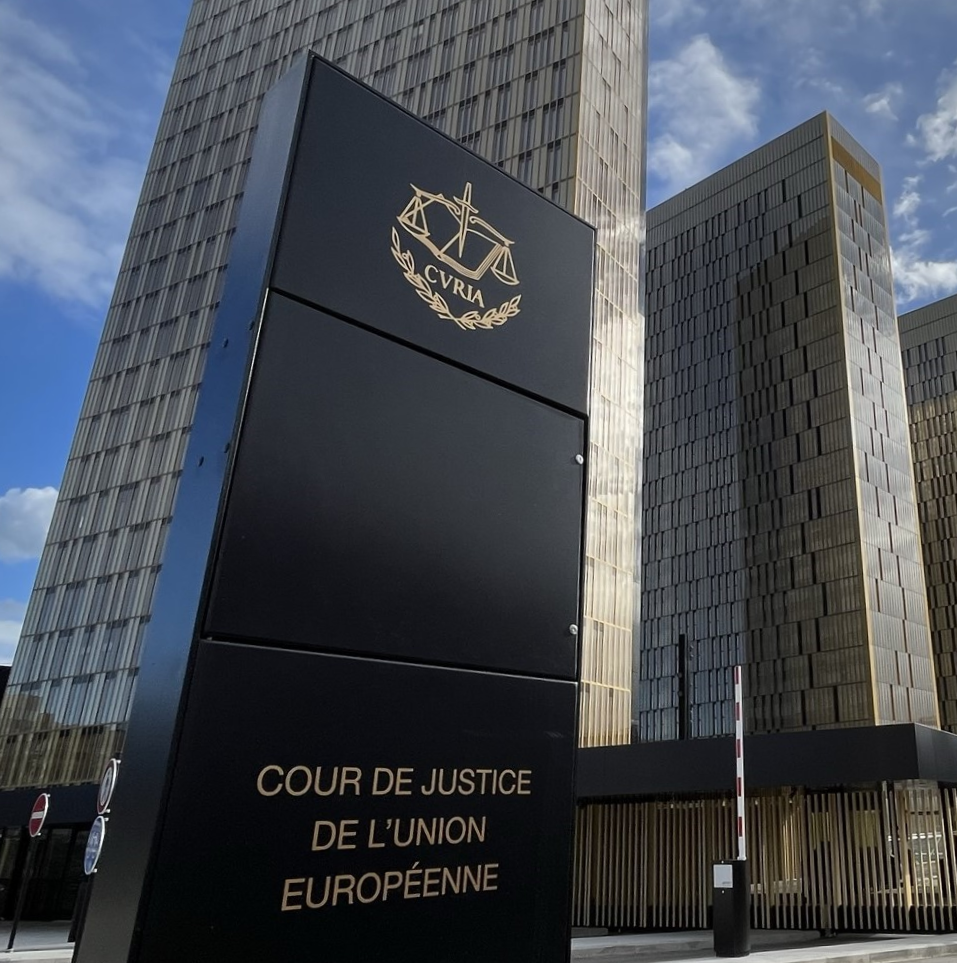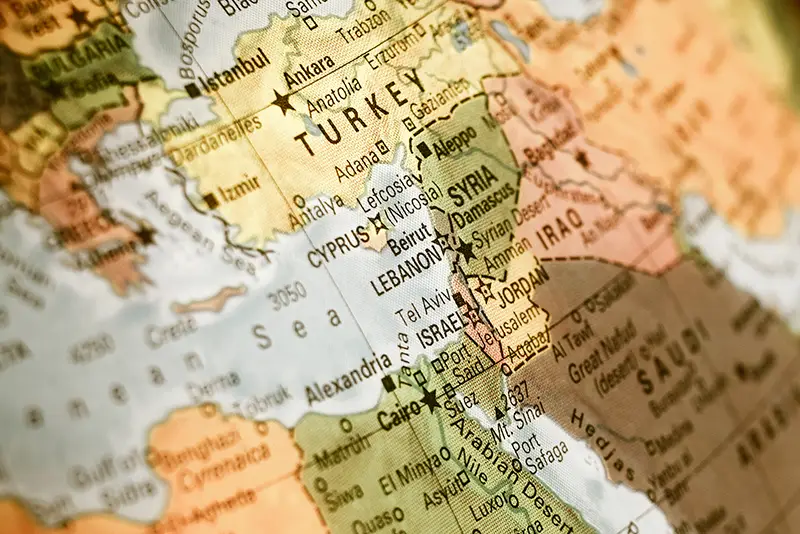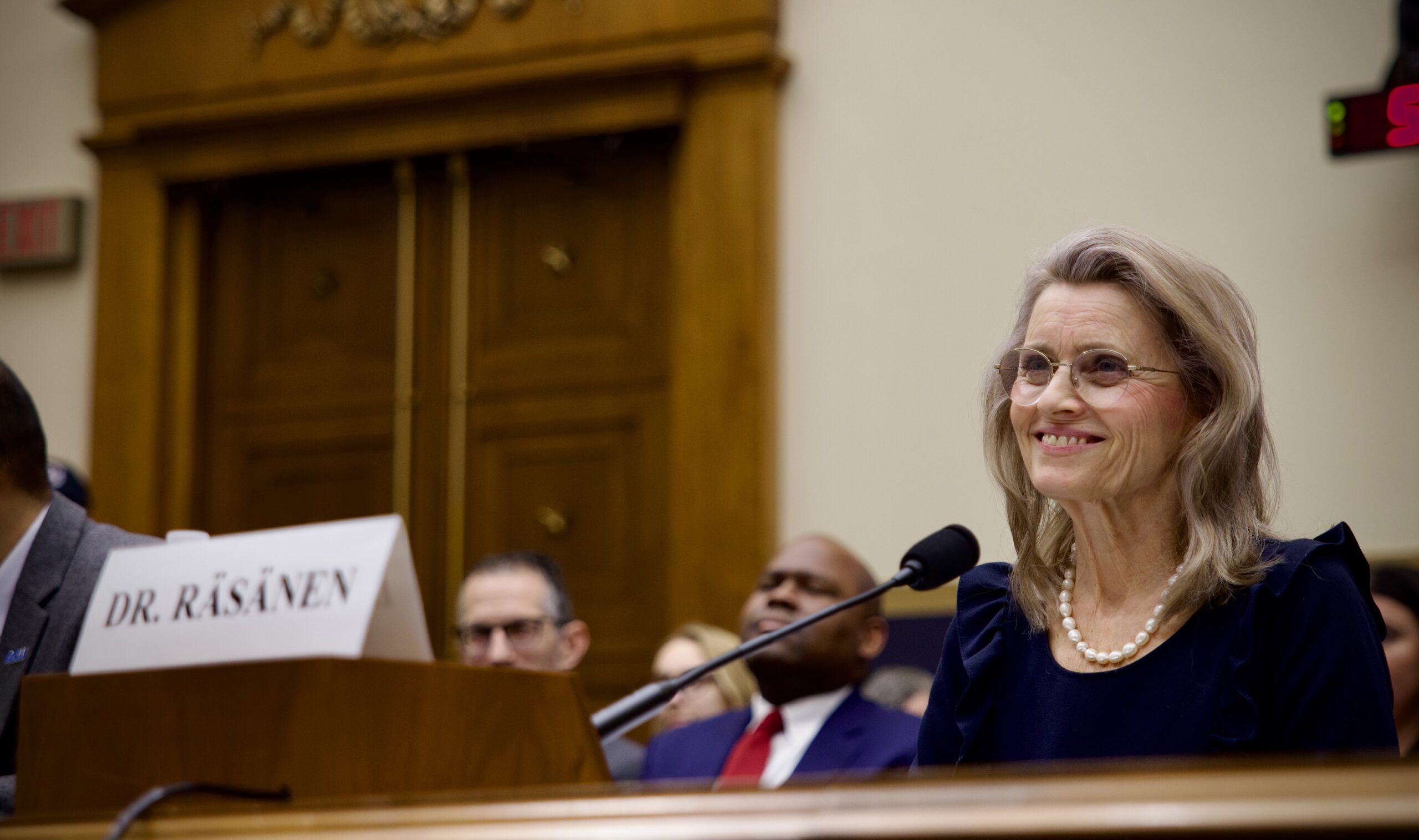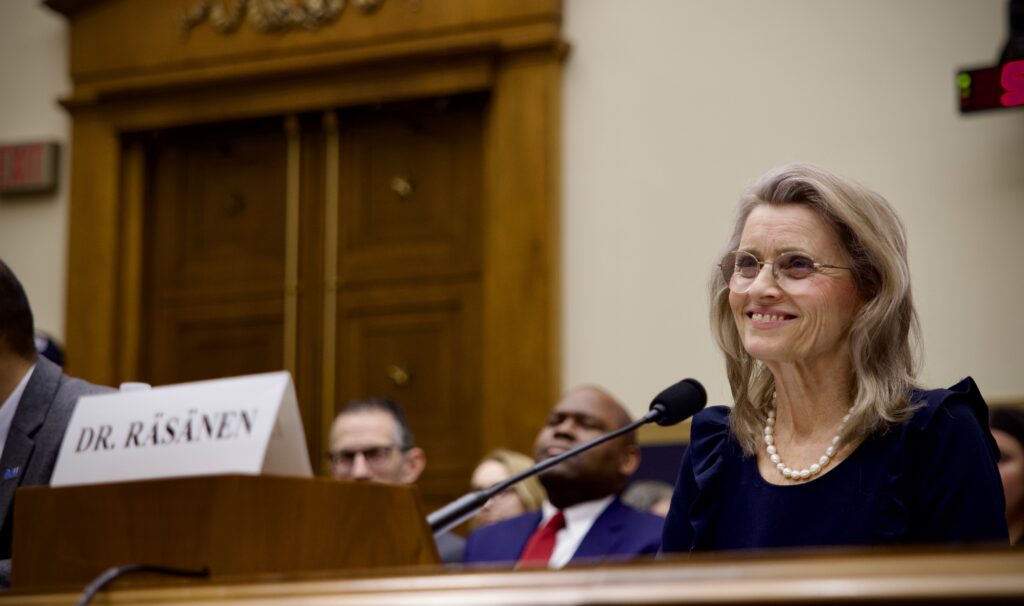- USCIRF releases statement urging US government action following Türkiye’s targeted deportations of Christian missionaries; recommends country be added to Special Watchlist for severe religious freedom violations.
- ADF International applauds push to protect religious freedom and is legally supporting the cases of Christians who have been banned from Türkiye.
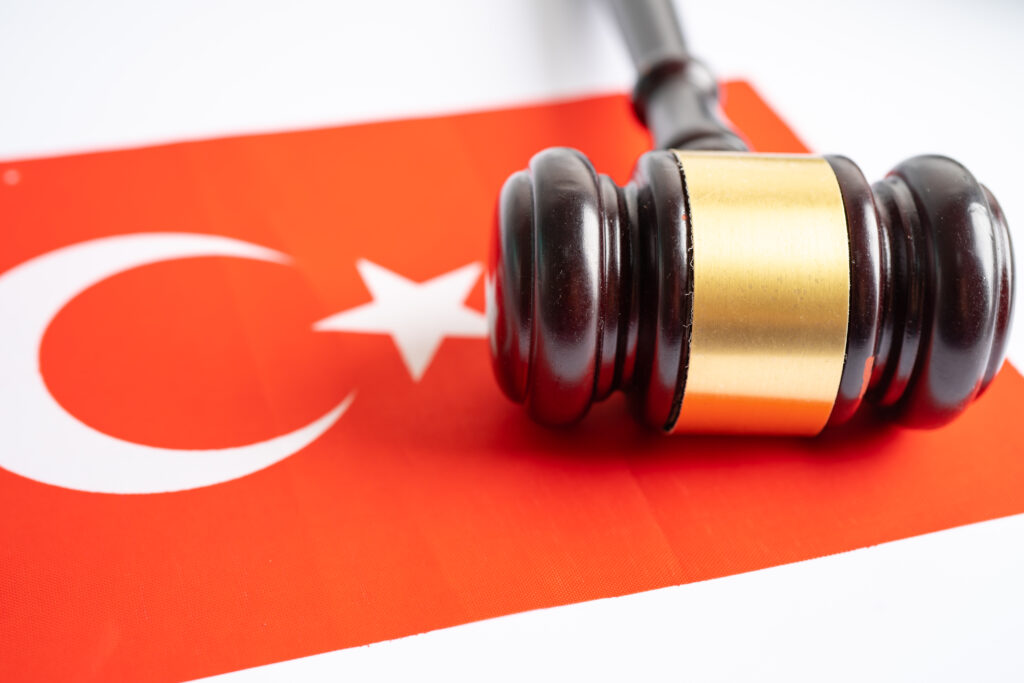
WASHINGTON, D.C. (Feb. 27) – Yesterday, the U.S. Commission on International Religious Freedom (USCRIF) released a statement condemning the targeted expulsion of Christians in Türkiye. Recently, the European Court of Human Rights (ECtHR) took up twenty cases of Christians who have been designated as national security threats and expelled from the country by the Turkish government. The USCIRF statement recommends that the U.S. Department of State place Türkiye on its Special Watch List for severe violations of religious freedom.
These cases, almost all supported by ADF International, stem from the Turkish government’s use of internal security codes to label foreign Christian missionaries as threats to national security, blocking them from entering or remaining in the country despite long-standing lawful residence.
“Türkiye’s arbitrary labeling of foreign-born Protestant Christians as national security threats is meant to intimidate the Christian community and prevent them from gathering for worship. Everyone, regardless of residency status, has the right to freedom of religion or belief under international law,” said USCIRF Chair Vicky Hartzler. “The U.S. administration should maintain the momentum President Trump made in his September meeting with President Erdoğan and push for tangible improvements to Türkiye’s religious freedom record, including an end to its repressive tactics against Christians.”
“We hope that the U.S. government and the international community will continue to stand up for this fundamental right and call on Türkiye to put an end to the targeted expulsions of Christian missionaries. Peacefully practicing the Christian faith is no reason to be labelled as a security threat and expelled from the country these individuals lawfully built their lives in.”
- Kelsey Zorzi, Director of Advocacy for Global Religious Freedom at ADF International
The statement echoes a recent resolution from the European Parliament condemning the targeted expulsions from the country “carried out under unsubstantiated national-security pretexts and without due process” for foreign Christians, in addition to journalists. The Turkish government swiftly dismissed the resolution as containing “unfounded allegations” and characterized it as interference in the country’s internal affairs.
“We applaud USCIRF’s decision to speak out on the egregious violations of religious freedom we are seeing in Türkiye,” said Kelsey Zorzi, Director of Advocacy at ADF International. “We hope that the U.S. government and the international community will continue to stand up for this fundamental right and call on Türkiye to put an end to the targeted expulsions of Christian missionaries. Peacefully practicing the Christian faith is no reason to be labelled as a security threat and expelled from the country these individuals lawfully built their lives in.”
Background
Since 2019, Turkish authorities have issued internal security codes like “N-82” and “G-87” to target hundreds of foreign Christians, preventing them from re-entering Türkiye after trips abroad or denying them residence permits. These measures have affected at least 160 foreign workers and their families, many of whom lived and served in Türkiye for decades.
The government’s use of these codes effectively labels individuals as a “threat to public order and security,” a classification normally reserved for terrorism suspects. However, those targeted have no criminal records or evidence of unlawful conduct. The only thing that they have in common is openly practicing and sharing their Christian faith.
The 2024 Human Rights Violation Report presented by the Protestant Church Association records 132 people who have been arbitrarily branded with an entry ban code, preventing them from entering Türkiye solely on the basis of their Christian faith. The total number of those affected is 303, according to the report.
Reports of similar measures affecting many foreign Protestant Christians show that these cases are not isolated, but point to a wider pattern of systemic discrimination. The cases raise serious questions about fundamental rights protected under the European Convention on Human Rights.
Among those affected are long-term residents such as Pam and Dave Wilson, who served in Türkiye for almost forty years before being barred from returning; Rachel and Mario Zalma (pseudonyms to preserve anonymity), whose ministry work led to an N-82 designation after attending a church conference; and David Byle, a Christian minister forced into exile after 19 years of service.
These bans have not only separated families from the communities they helped build, but also left local churches without stable leadership, weakening the already-small Christian presence in a country where Christians make up a small fraction of the population.
ADF International has supported a number of these cases over several years, and directly represents four individuals before the ECtHR, two of whom are lead applicants, and has supported the majority of the other cases.
Sie sehen gerade einen Platzhalterinhalt von YouTube. Um auf den eigentlichen Inhalt zuzugreifen, klicken Sie auf die Schaltfläche unten. Bitte beachten Sie, dass dabei Daten an Drittanbieter weitergegeben werden.
Mehr Informationen


